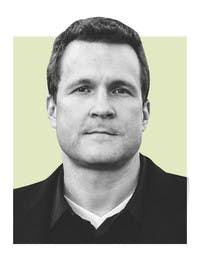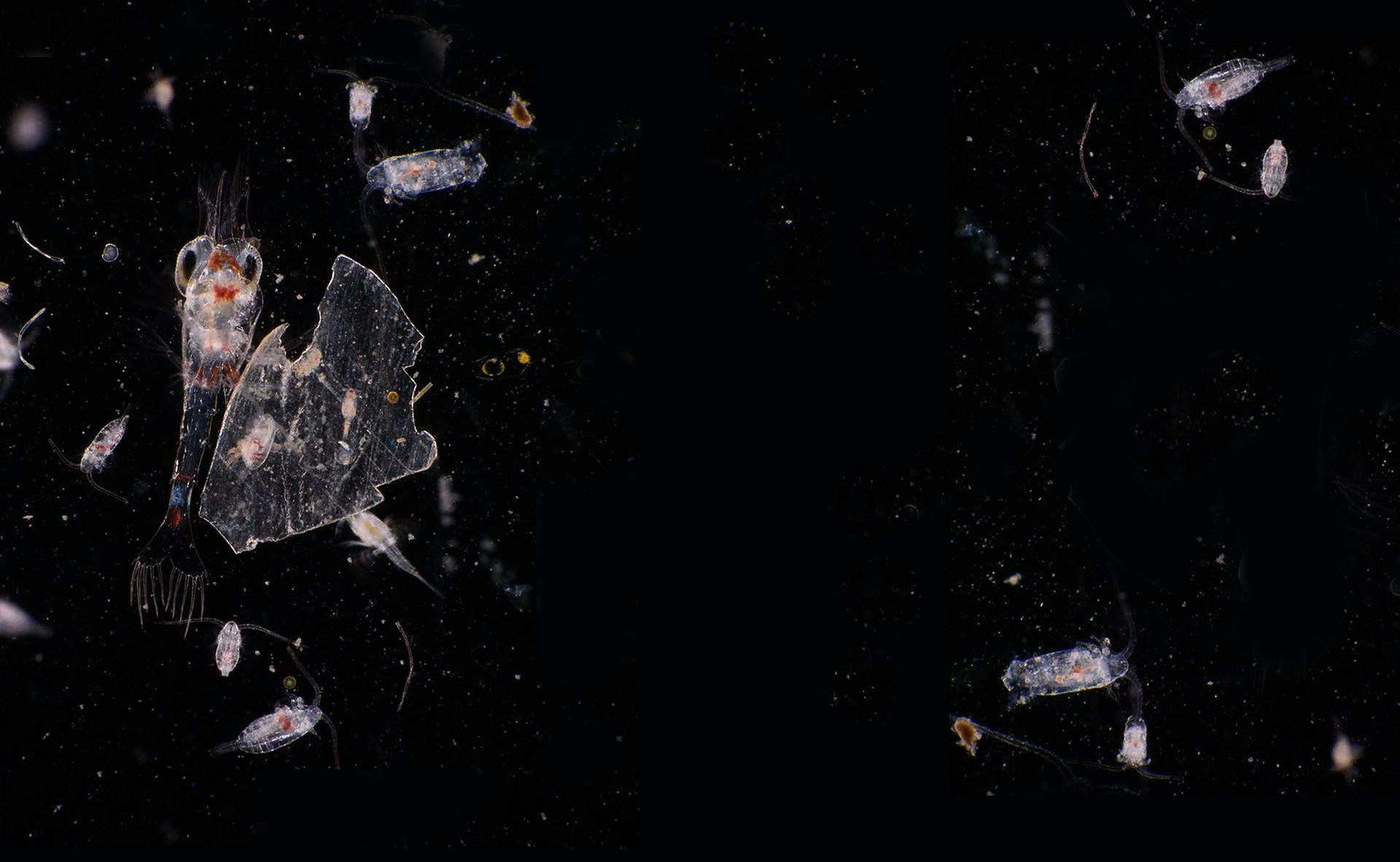In the Secchi Disk Study, a dinner-plate-sized disk is lowered by rope into the sea. The depth at which it first becomes invisible from the surface provides a measure of the sea’s transparency, and therefore its relative concentration of plankton. Overture spoke to study founder Richard Kirby about his work and the environmental dangers facing plankton in modern times.
What are some misconceptions about microplastics?
There are certainly misconceptions about the nature of plastic pollution in the sea. Large plastic items are most visible to people, and most of us will either notice them washed up on beaches when we visit the seaside, or we will read reports of large animals becoming entangled or dying after their guts become choked when they have mistaken floating plastic rubbish for food. While large plastic objects are the most visible to us, it is microplastics, invisible to the naked eye, that are the most common type of plastic in the ocean—which can have the same harmful effects for tiny creatures in the plankton as much larger plastic items have for bigger animals.
What’s the most pressing issue to address?
In my opinion, the most pressing issue is to reduce our use and discard of plastic. Plastic is a very useful material because of its durability, but it is also this characteristic that makes it persist and become so damaging in the environment. I think that we need to really question what we use plastic for — Are all the uses necessary? — as well as how we recycle or dispose of plastic when products reach the end of their useful lives.
Why did you start making photos and videos?
I began to use photography and video in order to engage the public with the plankton. Almost everyone is familiar with fish, and seabirds, and especially “charismatic marine megafauna” such as turtles, seals, dolphins, and whales. But it is the plankton that underpin all life in the sea, and without them, there would be no fish, seabirds, turtles, seals, dolphins, and whales.
To learn more about the Secchi Disk Study and to volunteer, go to www.secchidisk.org.











